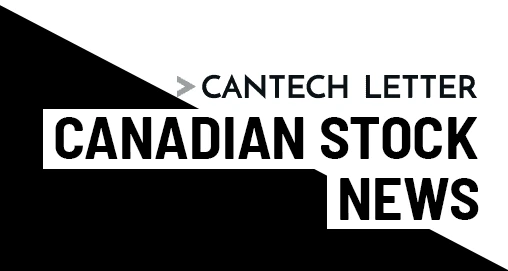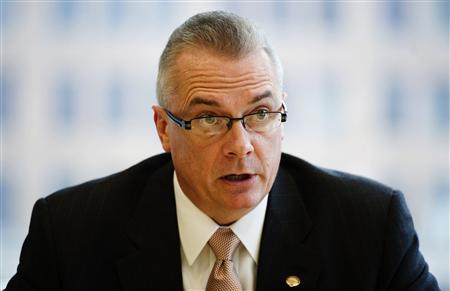
A cell phone the size of a shoe. A laptop that weighs more than a truck tire. If it weren’t for rare earth metals, a collection of seventeen chemical elements in the periodic table that are generally found in ore deposits, technology as we know it today would be whole lot different.
Rare earth metals are used in iPods, GPS navigation systems and plasma televisions. A single Toyota Prius uses 25 pounds of the stuff.
Rare earths came to the public attention when China begin to restrict their export. This past July, that country announced a 72% year over year reduction in exports. With 97% of the world’s current supply under their control, China’s hold over this sector is making people nervous. Despite the fact that China says it won’t use rare earths as a bargaining tool, concern about the global supply and demand balance of rare earths has driven their prices through the roof. One report said as much as 20,000 tonnes or one third of total exports of them were smuggled out of China recently.
The story of diminished supply has driven the prices of rare earth metals, and, subsequently, rare earth metals stocks, up. Companies such as Colorado’s Molycorp, which IPO’d in July, and several Canadian firms including Quest Rare Minerals (TSXV:QRM), Great Western Mineral Corp (TSXV:GWG) and NEO Material Technologies (TSX:NEM) have enjoyed banner years and investors have seen triple digit returns. And they have another thing in common; they’re all looking for rare earth metals outside of China.
NEO Material is known for its deep connections in China, the company has been there since 1993 and has established valuable relationships. Yet CEO Constantine Karayannopoulos sees the environment around rare earths becoming increasingly political. Speaking with BNN’s Andrew Bell this past July he said “If foreign companies in China are facing significant restrictions in terms of their investment in the rare earth sector, it’s a little odd for China to expect that its investments in foreign countries will continue to be treated with the openness they have been treated with so far.”
Karayannopoulos’ company, whose shares have risen from just over a dollar in early 2009 to a recent high of $7.44 on December 1st, recently signed a supply chain agreement with Molycorp. Molycorp has a long history with rare earth metals and is developing one of the biggest rare earth deposits in the world at its mine in California’s Mojave Desert.
Some say China has become the leader in rare earths because environmental rules are less strict and the mining less expensive. But as the profile of rare earth metals profile rises, it is worth noting that China’s hold on the sector is a relatively new phenomenon. Until 1948, Brazil and India were world leaders. Those countries were supplanted by South Africa, where large veins were discovered through gold mining there. From the 1960’s until as late as the 1990’s The Mountain Pass Rare Earth Mine, now owned by Molycorp was the world’s leading producer. Molycorp, which was once known as the Molybdenum Corporation of America, began small scale production in 1952 until the mine was closed in 2002 around environmental concerns. The Company, now known by its current name, repurchased the mine from Chevron in 2008.
So will the prices of rare earths continue to rise or will the search for alternatives outside China eventually level the playing field? At this point, no one can really say. But Canadian investors wondering if the space is volatile need look no further than the Monmouth Mine, owned for thirty years by a now defunct company called Amalgamated Rare Earth Mines . The mine, which never went into commercial production, is located just two-hundred miles north of Toronto’s Bay Street.
Leave a Reply
You must be logged in to post a comment.






 Share
Share Tweet
Tweet Share
Share




Comment